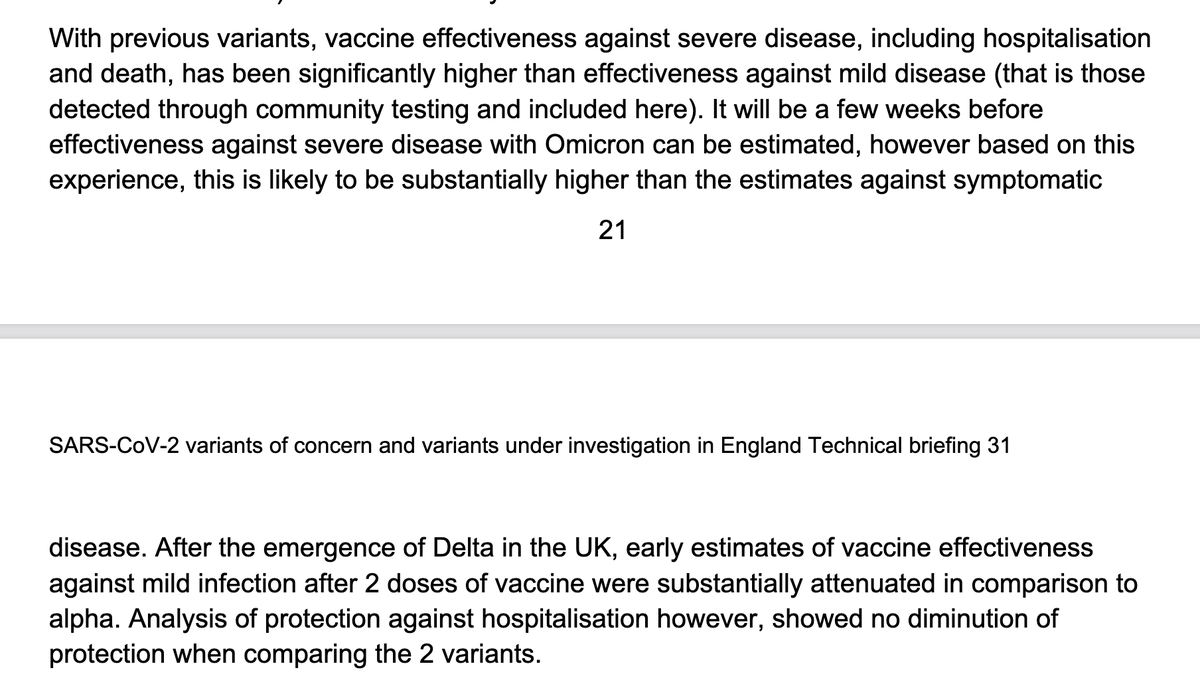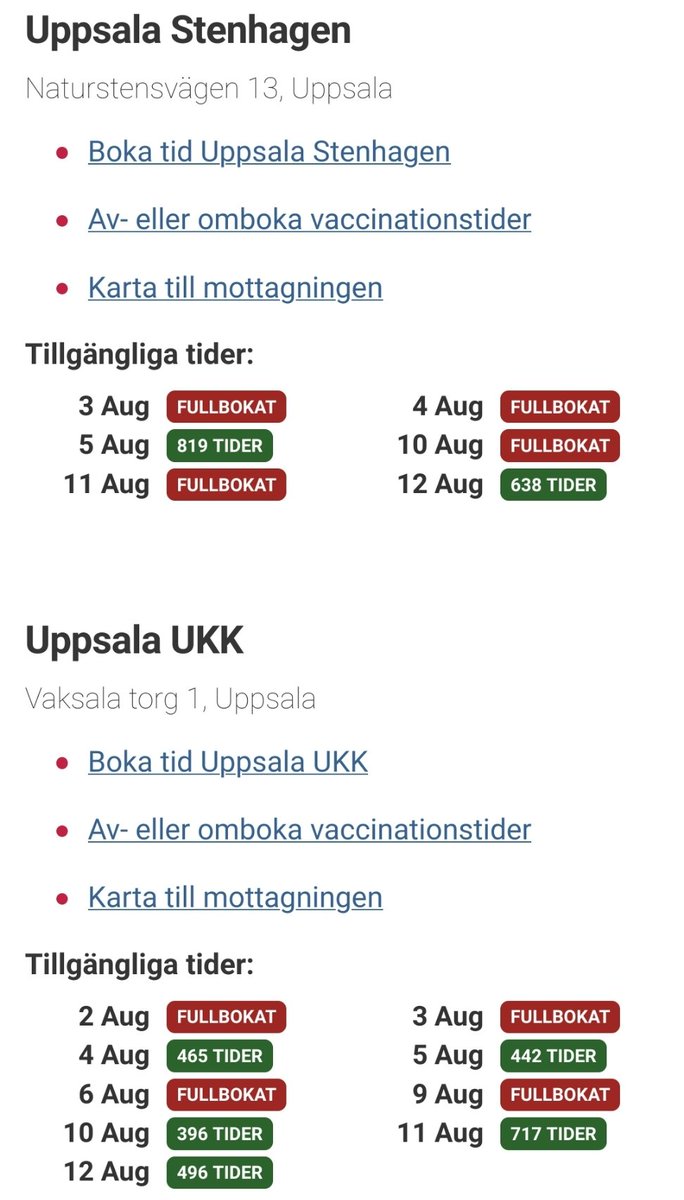
How #sleep loss may make physical #exercise more challenging for the #heart:
We find that sleep loss ⬆️ the exercise 🚴♀️-induced ⬆️ in blood levels of a #cardiac stress biomarker vs. after normal sleep
But note, exercise is essential for your health
🧵->
sciencedirect.com/science/articl…
We find that sleep loss ⬆️ the exercise 🚴♀️-induced ⬆️ in blood levels of a #cardiac stress biomarker vs. after normal sleep
But note, exercise is essential for your health
🧵->
sciencedirect.com/science/articl…

2/ Extensive epidemiological data has found that sleep impacts the risk of cardiovascular disease (CVD).
E.g. @uk_biobank (n~408k):
Vs. 7 h, sleep duration of ≤5 h & ≥9 h were associated with higher risk of CVD mortality & incidence (~+8-30%).
sciencedirect.com/science/articl…
E.g. @uk_biobank (n~408k):
Vs. 7 h, sleep duration of ≤5 h & ≥9 h were associated with higher risk of CVD mortality & incidence (~+8-30%).
sciencedirect.com/science/articl…
3/ And elegant human experimental studies have shown that curtailed #sleep can adversely impact🫀physiology.
For instance, shortened sleep can ⬆️ #bloodpressure in humans, seen both after overnight wakefulness academic.oup.com/sleep/article/… & shortened sleep ahajournals.org/doi/abs/10.116….
For instance, shortened sleep can ⬆️ #bloodpressure in humans, seen both after overnight wakefulness academic.oup.com/sleep/article/… & shortened sleep ahajournals.org/doi/abs/10.116….
4/ An intriguing observation, is e.g. that with recurrent sleep restriction (⬇️ sleep/night) – without enough time to recover in between such periods – blood pressure doesn't seem to recover optimally.
- Highlights importance of enough recovery
ncbi.nlm.nih.gov/pmc/articles/P…
- Highlights importance of enough recovery
ncbi.nlm.nih.gov/pmc/articles/P…
5/ Some prior studies have also suggested that cardiac regulation (heart rate variability) may be altered under conditions of sleep loss (not found in all studies), but that the response to exercise may not be affected.
journals.physiology.org/doi/full/10.11…
pubmed.ncbi.nlm.nih.gov/32841103/
journals.physiology.org/doi/full/10.11…
pubmed.ncbi.nlm.nih.gov/32841103/
6/ We were interested in understanding whether experimental sleep restriction could modulate how intense physical exercise impacts the heart.
To this end, we carried out a randomized within-subject crossover study in healthy, young participants.
To this end, we carried out a randomized within-subject crossover study in healthy, young participants.
7/ We studied 16 healthy men after 3 nights of partial sleep restriction (4.25h/night) vs. after 3 nights of normal sleep (8.5h, same participants)
Blood was sampled before & after 30 min of high-intensity #exercise, to determine levels of cardiac stress biomarkers
Blood was sampled before & after 30 min of high-intensity #exercise, to determine levels of cardiac stress biomarkers
8/ In both sleep conditions, pre & post exercise, we analyzed levels of the cardiac biomarkers (high-sensitivity) cardiac Troponin T levels (cTnT), & N-terminal pro-brain natriuretic peptide (NT-proBNP).
A review on how exercise can ⬆️ cTnT levels:
ahajournals.org/doi/10.1161/CI…
A review on how exercise can ⬆️ cTnT levels:
ahajournals.org/doi/10.1161/CI…
9/ We found that #sleep restriction on its own (at baseline) didn't impact levels of troponin or NT-proBNP, both ⬆️ in response to exercise.
However, the #exercise-induced ⬆️ in troponin (cTnT) was significantly ⬆️ in the participants' sleep-deprived vs. well-rested state
However, the #exercise-induced ⬆️ in troponin (cTnT) was significantly ⬆️ in the participants' sleep-deprived vs. well-rested state
10/ This change in circulating levels of troponin was not very large (~38-40% when considering participants' individual ratios)
Note:
Here we're studying more subtle changes – *much* higher levels are seen after e.g. an acute myocardial infarction – a completely different story
Note:
Here we're studying more subtle changes – *much* higher levels are seen after e.g. an acute myocardial infarction – a completely different story
11/ Levels of troponin can increase in response to cardiac events (much greater ⬆️) as a marker of cardiac injury, but also (smaller ⬆️) after #exercise.
The latter likely represents a physiological response, representing ~cardiac stress – again exercise is good for the #heart
The latter likely represents a physiological response, representing ~cardiac stress – again exercise is good for the #heart
12/ The greater exercise-induced increase in response to sleep restriction in these participants, may reflect greater cellular stress for heart muscle cells (#cardiomyocytes), so that they release more #troponin.
Sleep loss does seem to ⬆️ cellular stress
cell.com/cell/fulltext/…
Sleep loss does seem to ⬆️ cellular stress
cell.com/cell/fulltext/…
13/ So, in other words, cardiac cellular stress in response to sleep loss here wasn't apparent under resting conditions.
But exercise is as detailed above known to ⬆️ higher levels of circulating troponin.
Sleep loss may thus ⬇️ the threshold for an exercise-induced troponin ⬆️
But exercise is as detailed above known to ⬆️ higher levels of circulating troponin.
Sleep loss may thus ⬇️ the threshold for an exercise-induced troponin ⬆️
14/ A relevant aspect is that a greater increase in blood levels of #troponin following #exercise, has been linked to a somewhat ⬆️ risk, population-wise, to future #cardiovascular events (such as myocardial infarction) – at least in older individuals
pubmed.ncbi.nlm.nih.gov/31401842/
pubmed.ncbi.nlm.nih.gov/31401842/

15/ Based on our results, one can hypothesize that strenuous exercise under conditions of insufficient sleep / chronic sleep loss, may be less *optimal* than exercise carried out under well-rested conditions.
But remember, exercise is great for health:
academic.oup.com/eurjpc/article…
But remember, exercise is great for health:
academic.oup.com/eurjpc/article…

16/ Notably, certain populations (e.g. athletes and individuals in the military), may have to carry out high-intensity exercise with a pre-history/following short sleep duration.
sciencedirect.com/science/articl…
sciencedirect.com/science/articl…
17/ However, the benefits of exercise also apply to elite athletes.
#Metaanalysis: "Overall, #athletes live longer and have a reduced incidence of both #CVD and cancer mortality compared to the general population, refuting the ‘J’ shape hypothesis"
link.springer.com/article/10.100…
#Metaanalysis: "Overall, #athletes live longer and have a reduced incidence of both #CVD and cancer mortality compared to the general population, refuting the ‘J’ shape hypothesis"
link.springer.com/article/10.100…
18/ Importantly, while short sleep is linked to a worse cardiovascular risk profile, increasing sleep can instead improve #bloodpressure regulation (⬇️ BP)
– Highlighting how targeting #sleep can instead improve key #cardiovascular disease risk factors
onlinelibrary.wiley.com/doi/full/10.11…
– Highlighting how targeting #sleep can instead improve key #cardiovascular disease risk factors
onlinelibrary.wiley.com/doi/full/10.11…

19/ Furthermore, it should also be noted that at the population level, data from a large-scale prospective study indicates that ⬆️ (self-reported) physical activity may offset the overall harmful effects of insufficient sleep on #cardiovascular health.
pubmed.ncbi.nlm.nih.gov/34187783/
pubmed.ncbi.nlm.nih.gov/34187783/
20/ Finally, our study is smaller in sample size (but crossover) & it will be interesting to study how exercise-induced levels of cardiac biomarkers are altered under other sleep loss & exercise conditions (e.g. light-moderate exercise).
Also important to study other age groups.
Also important to study other age groups.
21/ Congrats and thanks to all co-authors, including first author and PhD student @TeeMi8, co-author @sleep_advocate and, from @Ahus_no, our Norwegian collaborators Fjola Sigurdardottir and Torbjørn Omland.
A easier to read press release: medicalxpress.com/news/2022-01-c…
A easier to read press release: medicalxpress.com/news/2022-01-c…
22/ And thanks to @247muscle for the shout-out, and for sharing our recent work!
https://twitter.com/247muscle/status/1486695695893635079?s=20
23/ It's also important to highlight work that shows how #exercise can indeed exert beneficial effects in the setting of #sleep loss, here mitigating the impact on glucose tolerance, & skeletal muscle mitochondrial function & sarcoplasmic protein synthesis
https://twitter.com/NickSaner/status/1323063348162785281
• • •
Missing some Tweet in this thread? You can try to
force a refresh











